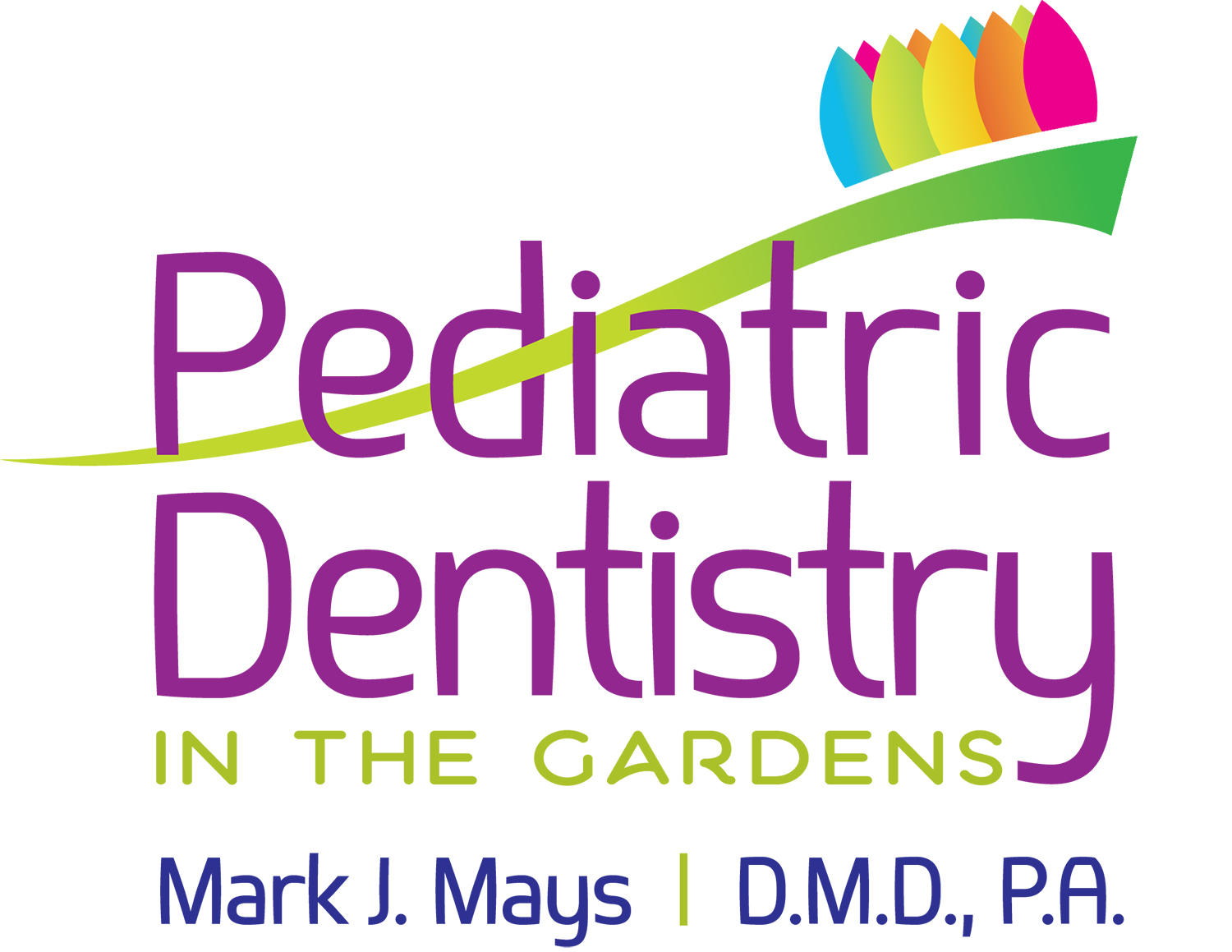Preventative Care
The most important service that can be provided is a comprehensive dental exam at a very early age, typically by his or hers first tooth eruption or by the latest their first birthday. This early start will not only assure there are no dental problems that exist but set a roadmap for a lifetime of optimal dental health.
Regular exams and cleanings should occur every six months. This will help keep the gums healthy and teeth cavity free. There will be continuous oral hygiene instruction at every visit.
Fluoride treatments will occur at all regular checkups ranging from fluoride varnishes, gels, and/or rinses. These treatments help to strengthen the enamel and prevent decay. If your child is not receiving enough fluoride, a supplement may be prescribed.
Dental Sealants are thin plastic coatings that are typically placed on the chewing surfaces of permanent six and twelve year molars. These teeth typically have deep grooves which are susceptible to plaque buildup. The sealants will create a smooth surface rendering it simpler to clean. The placement of sealants is a bonding procedure that is fast, simple and painless. Baby teeth can also be sealed especially in children that are at a high risk of dental caries.
Oral Hygiene Instruction is something that will occur from your child’s first check up and at all visits that follow. It is important as parents that they are a good role model and help guide their child on the road to good dental health as well.
The dental caries (cavity) process starts with food accumulating on teeth. The naturally occurring bacteria in our mouth will convert the food into acid, forming plaque which adheres to the teeth over time. This will dissolve the enamel and create the cavity.
To prevent decay in your child’s teeth here are a few simple steps:
- Eliminate the bedtime or nap bottle as early as possible (12-15 months). Only water is not harmful to the teeth.
- Create good dental hygiene habits early with your child.
- Direct supervision with your child’s brushing until they are responsible and able to perform the brushing and flossing on their own.
Oral Habits such as thumb and finger sucking or the use of pacifiers can be very detrimental to the teeth and the jaws growth patterns causing abnormalities. Most of these habits will cease on their own between the ages of two and four. There are things the pediatric dentist and/or parents can do at the appropriate time to help eliminate the habits. Sometimes it may be as simple as a reward system (behavior modification) , counseling the child on the effects the habits have on their teeth and jaws or a dental appliance fabricated by the dentist to discourage the habit. Other habits such as grinding (Bruxism) or tongue thrusting may exist as well. Regarding tooth grinding again most children will subside by the ages of 6-9. If the habit continues a night guard may be required to prevent attrition or a wearing down of the tooth’s enamel as well as alleviating any jaw pain. Tongue thrusting which occurs during swallowing may cause open bites or other orthodontic problems. A speech therapist or pathologist may be needed to modify the patient’s tongue posture. A pediatric dentist or orthodontist can also fabricate an appliance to help replace or eliminate the thrust and correct any problems that arise.
A healthy and balanced diet is crucial for your child’s growth, but also vital for the teeth to develop properly and the gum tissue around the teeth to be sound. A balanced diet is one that includes all of the five major food groups.
Equally important, a diet high in certain kinds of carbohydrates, such as sugar and starches, increases the chances of tooth decay. Foods with starches include bread, crackers, pasta, pretzels and chips. There are many types of foods containing one or more types of sugar which can also cause decay.
Here are some tips regarding your child’s diet:
- Consult with your pediatric dentist to help assess your child’s diet.
- Limit how many times per day your child snacks.
- Sugarless gum or soda only.
- Choose nutritious snacks such as carrots, celery, low fat yogurt, unsalted pretzels and nuts or peanut butter to name a few.
- Do not put your child to bed with a bottle of milk, formula or juice!

